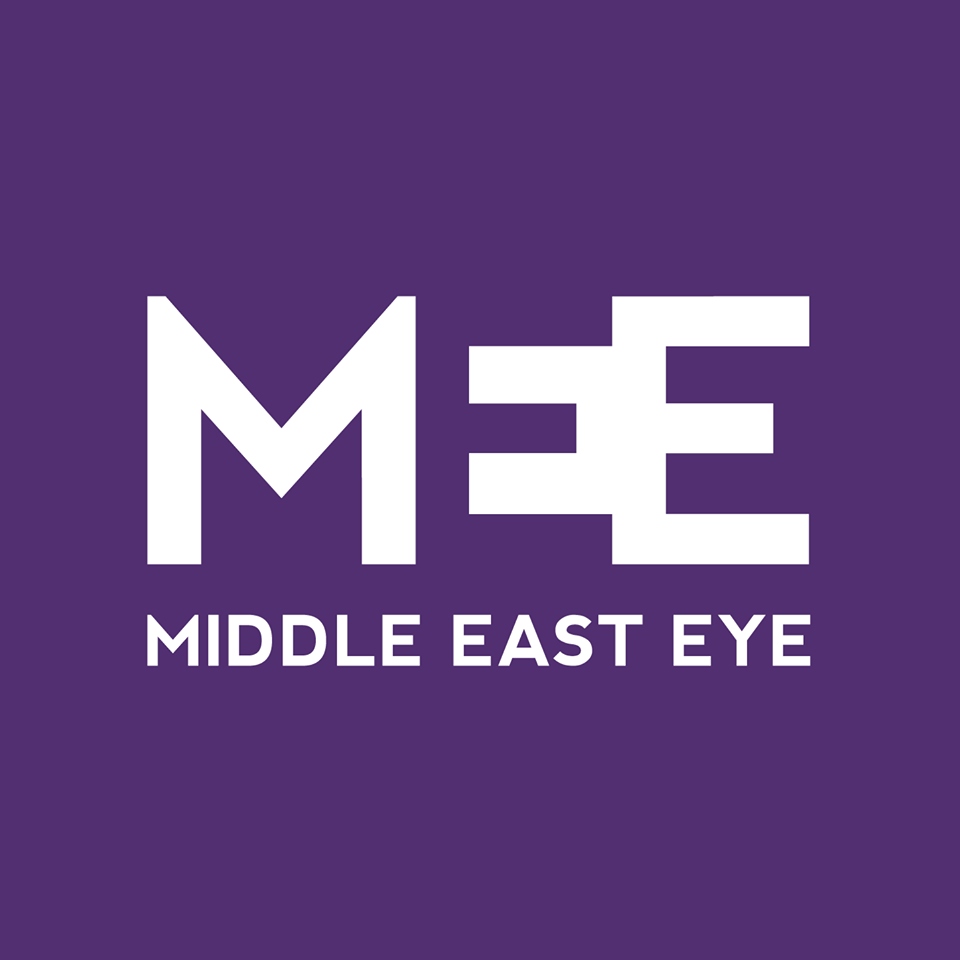Of course it was done by the PMU. And the Iraqi leaders with Shiite majority in the parliament with Iranian backed militias running around had to explain why he was in the country. Not like they can say oh he was planning more attacks.
Iran-backed paramilitary group asked demonstrators who had encircled embassy to withdraw

www.middleeasteye.net
Iraqi protesters have withdrawn from the perimeter fence of the United States embassy in Baghdad, after the pro-Iran Popular Mobilisation Units (PMU) paramilitary group asked them to leave.
On Tuesday, thousands of Iraqis had
encircled and vandalised the embassy compound, outraged by US air raids in Iraq and Syria that killed 25 PMU fighters over the weekend.
Angry crowds marched unimpeded through the checkpoints of the usually high-security Green Zone to the embassy gates, where they hurled rocks towards the compound before breaking through a reception area and spraying pro-Iran graffiti on the walls.
Security personnel inside responded with tear gas, wounding at least 20 people, the PMU said.
On Wednesday, the paramilitary group called on its supporters to leave the embassy and gather outside the Green Zone out of "respect" for the state.
You delivered your message," the PMU said in a statement.
A photographer with the AFP news agency said they saw protesters dismantling their tents and leaving the Green Zone.
Kataib Hezbollah, the PMU faction targeted in the US raids, initially said it would stay at the embassy, but the group's spokesman Mohammad Mohyeddin later backed down, saying the group was abiding by the PMU's order.
"We scored a huge win: We arrived at the US embassy, which no one had done before," he told AFP.
Kataeb Hezbollah, the group targeted in the US raids, told AFP they would “remain” at the embassy.
Attack on diplomatic mission triggers crisis in Washington-Tehran relations

www.ft.com
Iraqi militiamen and their supporters pulled back from the US embassy in Baghdad on Wednesday, a day after they attempted to storm the diplomatic mission. The attacks on the embassy have triggered the biggest US crisis in Iraq for years, caused the Trump administration to deploy more troops to the region and heightened tensions between Washington and Tehran. Thousands of militiamen and their supporters besieged the mission on Tuesday, throwing rocks into the embassy, attacking security infrastructure and setting fires around its perimeter. US security forces fired tear gas at crowds who gathered around the embassy, the largest in the world, for a second day on Wednesday. Iraq’s Popular Mobilisation Units, an umbrella group of paramilitary forces, later issued a statement calling on its supporters to withdraw from the mission’s perimeter, saying their “message had been heard”. Most appeared to heed the call. The protests were sparked by US air strikes on Sunday against Kata’ib Hizbollah, one of the more militant and pro-Iranian militias in the PMU, which killed at least 25 fighters. Washington launched the strikes against five of the militia’s sites after accusing the group of firing a barrage of rockets at an Iraqi base housing US troops, killing an American contractor. President Donald Trump has blamed Iran for the attacks on the US embassy, saying the Islamic republic would be “held fully responsible for lives lost, or damage incurred, at any of our facilities”. “They will pay a very BIG PRICE!” he said on Twitter. Ayatollah Ali Khamenei, Iran’s supreme leader, responded to Mr Trump on Wednesday by saying “you can’t do anything”. “If you were logical — which you’re not — you’d see that your crimes in Iraq, Afghanistan . . . have made nations hate you,” he said on Twitter. “We’re not after wars, but we strongly defend the Iranian nation’s interests, dignity, & glory. If anyone threatens that, we will unhesitatingly confront & strike them.” Iran also summoned the Swiss chargé d’affaires to Tehran to complain about American “warmongering statements”. Switzerland serves as an intermediary between Washington and Tehran because the two nations do not have formal diplomatic relations. The attacks marked the biggest escalation between the US and Iran-allied Iraqi factions in years and underscored the risk of Iraq becoming a theatre for confrontation in the stand-off between Washington and Tehran. Mike Pompeo, the US secretary of state, postponed a trip to several countries including Ukraine as a result of the embassy attack in Iraq, a state department spokesperson said on Wednesday. He was staying in Washington “to continue monitoring the ongoing situation in Iraq and ensure the safety and security of Americans in the Middle East,” said Morgan Ortagus, who added that the trip would be “rescheduled in the near future”. The Trump administration, which has imposed crippling sanctions on Iran, said Iran-backed Iraqi militias had launched 11 attacks on Iraq bases hosting US and coalition forces in the past two months. Washington has also said an attack on an oil pipeline in Saudi Arabia in May was launched from Iraq, and the same month it withdrew non-essential staff from its diplomatic missions in the country, citing unspecified “escalatory” Iranian activity. The US has about 5,000 troops in Iraq, which have been involved in both the fight against Isis and in training Iraqi forces. Mark Esper, the US defence secretary, said late on Tuesday that Washington would immediately deploy an additional 750 troops to the region in response to the embassy attacks. Washington’s influence in the country has waned in recent years, while Iran’s role has been cemented with the political and military rise of the Shia militias it backs and which dominate the PMU.




 .
.

